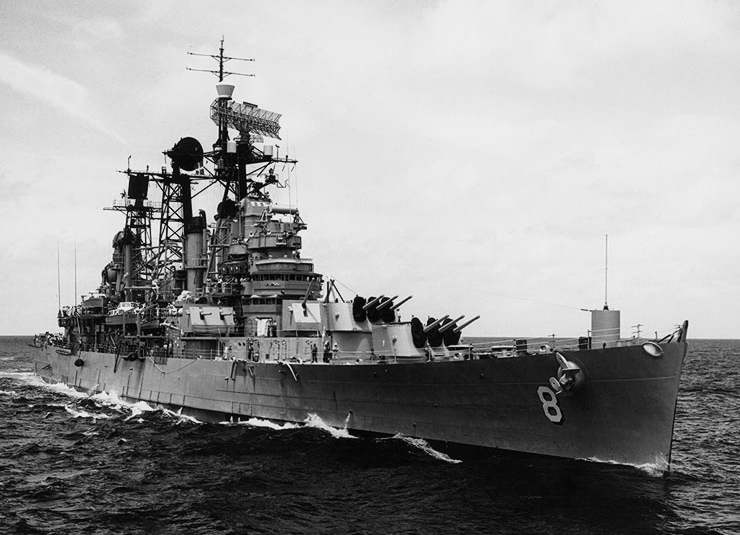Update 22 July 2016: The international arbitration between China and the Philippines has been completed. Marion Diamond looks at the deep background, viz. Grotius and freedom of the seas.
_________________________
Honest History has followed developments in the South China Sea as closely as possible, given the links they offer to Australia’s historical fears of China and our equally historical reliance on great and powerful friends. (Some people would summarise these two themes as xenophobia and sycophancy, but leave that aside for now.)
The mainstream media in 2016 doesn’t do analysis well, particularly on international relations, but blogs and niche websites try to take up the slack. One such source is John Menadue’s Pearls and Irritations. Menadue was head of four Commonwealth departments, Ambassador to Japan, and head of QANTAS. He is now an octogenarian, a gadfly and one of Honest History’s distinguished supporters. He is well-linked to other thoughtful gadflys and they have lately been exercised about the Spratlys, the Paracels and the surrounding seas.
Richard Broinowski, former Ambassador to Korea, Mexico and Vietnam, looks at recent remarks by regional and US spokespersons, paraphrases Australian commentator Hugh White, notes a reference to Australia’s Anglo-Saxon bellicosity and concludes that
to gallop off wearing our deputy’s badge in Australian ships or aircraft to test China’s resolve to protect the islands it occupies in the South China Sea would be a lonely road. We would be Washington’s only ally pursuing military means. What Australians should agitate for is agreement between Washington and Beijing which allows China space in the South China Sea as befits a great power, the kind of space the United States enjoys in the Caribbean and along its eastern and western seaboards. Can the hawks in Canberra and their advisers be persuaded to support such a plan? We should fervently hope so.
Geoff Miller was Ambassador to Japan and Korea, High Commissioner to New Zealand, and head of the Office of National Assessments. He looks at the drivers of China’s rise and sums up:
[W]e can’t “manage” China’s rise. But in regard to the South China Sea we should work diplomatically to calm the situation to the extent possible and to promote both adherence to international law, effective communication between the contending or competing parties and, where possible, an appreciation of others’ positions. Australia is in good standing with all the parties involved and, complex and difficult as it is, we may be able to assist in handling this potentially dangerous situation, and should make attempting to do so a priority.
Miller followed up with a piece on the implications of buying submarines from Japan.
Garry Woodard, a former Ambassador to China and High Commissioner to Malaysia, is emphatic that Australia should not ‘do more’ in the South China Sea. He looks at some Australian international relations history and argues that
[t]he Prime Minister’s statement in regards to the Middle East [in indirect response to his predecessor] that this is not the time for gestures or machismo applies in spades to what we do in the South China Sea. Australia should act prudently and, though some will see this as a contradiction, transparently and after full parliamentary and public debate.
These gentlemen are neither mugs nor alarmists. It is to be hoped they are being listened to.
Earlier material on these issues on the HH site, recent on defence issues generally, in the context of the Defence White Paper, and older, from 2015, 2014, 2013. Also, from the New York Times, and from the World Socialist Web Site, and from various sources.
1 April 2016
 USS Topeka, South China Sea, September 1964 (Wikimedia Commons/US Navy)
USS Topeka, South China Sea, September 1964 (Wikimedia Commons/US Navy)